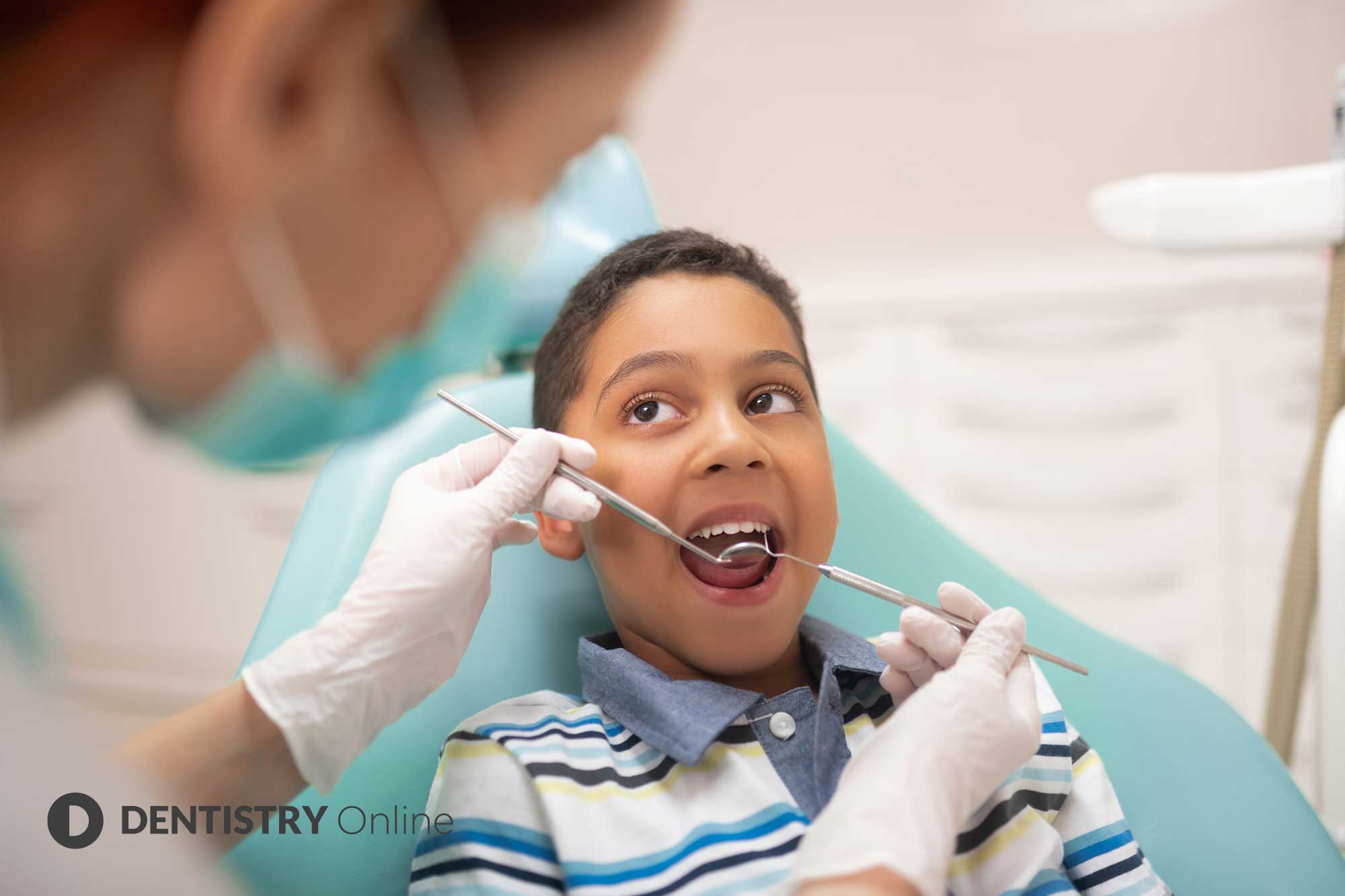 Caroline Holland introduces an innovative way of delivering paediatric dentistry to children in the UK, without having to attend the hospital.
Caroline Holland introduces an innovative way of delivering paediatric dentistry to children in the UK, without having to attend the hospital.
Pre-COVID-19, the Yorkshire and Humber region provided around 9,000 general anaesthetics annually to children requiring dental extractions.
In an area with a population of 5.3 million, this is an extraordinarily high number. Many of the children have high needs and are in vulnerable categories.
Specialists in paediatric dentistry and dentists are working together to try and promote prevention to keep children healthy and find new ways to reduce waiting lists for those needing general anaesthetics. Unsurprisingly, the work has become more intense since the advent of COVID-19.
A positive partnership exists between consultant in paediatric dentistry Stephen Fayle, chairman of the Managed Clinical Network and GDP Simon Hearnshaw, chairman of the Local Dental Network. They are co-ordinating with postgraduate dental dean, James Spencer, to find new ways to upskill dental teams. All three are working to ensure commissioners are on side.
Excellence in paediatric dentistry
As a region, Yorkshire and Humber already boasts an innovative but historic model of excellence in paediatric dentistry.
This is a paediatric service that is neither GDS nor PDS, but has its own anomalous status. Four paediatric dentists are providing diagnosis and treatment to thousands of children every year.
The team includes lead clinician David Auld, who is the chairman of the BSPD Specialists Branch, representing specialists working in community and hospital settings, as well as Lucy Williams, Christina Georgopoulou and Elnaz Aliakbari. Two dental therapists and a team of dental nurses support them. As well as a dedicated paediatric manager.
How does the service exist? According to John Beal, a public health dentist, the service was set up in the Chapeltown area around two decades ago when waiting lists for the hospital were already high.
The byword ahead of the 2006 General Dental Services contract, says Dr Beal, was stability. If a service was working well, it was allowed to continue.
So, post 2006 and the advent of the new contract, the service continued to operate as a highly effective model of paediatric care.
It is now in central Leeds operating in a practice that also has a GDS contract, as well as other specialist services.
A new model
Via the regional referral management system, the paediatric team treats patients in the 0-16 age group. From neonatal teeth in babies to children and young people requiring complex specialist care, such as dental trauma, anxiety, dental caries, and developmental disorders.
The team can provide treatment under inhalational sedation. Then they refer patients requiring treatment onwards to Leeds Dental Institute. Here a consultant colleague will work from their treatment plan. This often obviates the need for the standard initial hospital appointment and reduces time spent in hospital.
There are two therapists in the practice who provide stainless steel crowns, fillings, primary teeth extractions, fluoride varnish, fissure sealants and oral health instruction.
Pre COVID-19, the service was receiving over 200 new patient referrals every month.
Once a child has their treatment and is given prevention advice, they usually discharge them back to their dentist.
‘We only keep patients on our books while they need us but ultimately they will all go back to their own dentist,’ David says.
‘A model for the future’
During the height of the pandemic, David and his colleagues were triaging patients online providing the so-called triple A options: analgesic, antibiotics, advice.
Then, as things got back to normal they became an urgent dental care hub. Now they are working to catch up on the backlog.
‘Stephen Fayle has been a great advocate for us. If it was not for the service we are operating then I think the circumstances in Leeds for paediatric patients would be dire.
‘We are pleased to keep some children out of hospital and in an alternative environment, providing safe and effective care.’
David is a specialist, one of about 60 non-consultant grade specialists across the UK.
BSPD is campaigning for more specialists like David to work in high street and community settings. To provide specialist-led paediatric care to children. Whilst also training dentist colleagues and dental teams.
He says: ‘We should surely work to keep children out of hospital, unless it’s essential for them to be there.
‘What we are doing here is transferable to other places. Paediatric dentistry could happen in practices like this. Delivered by integrated teams in towns and villages, working closely with colleagues in hospital where necessary.
‘I would like to think that the service we operate is a model for the future.’
Follow Dentistry.co.uk on Instagram to keep up with all the latest dental news and trends.


